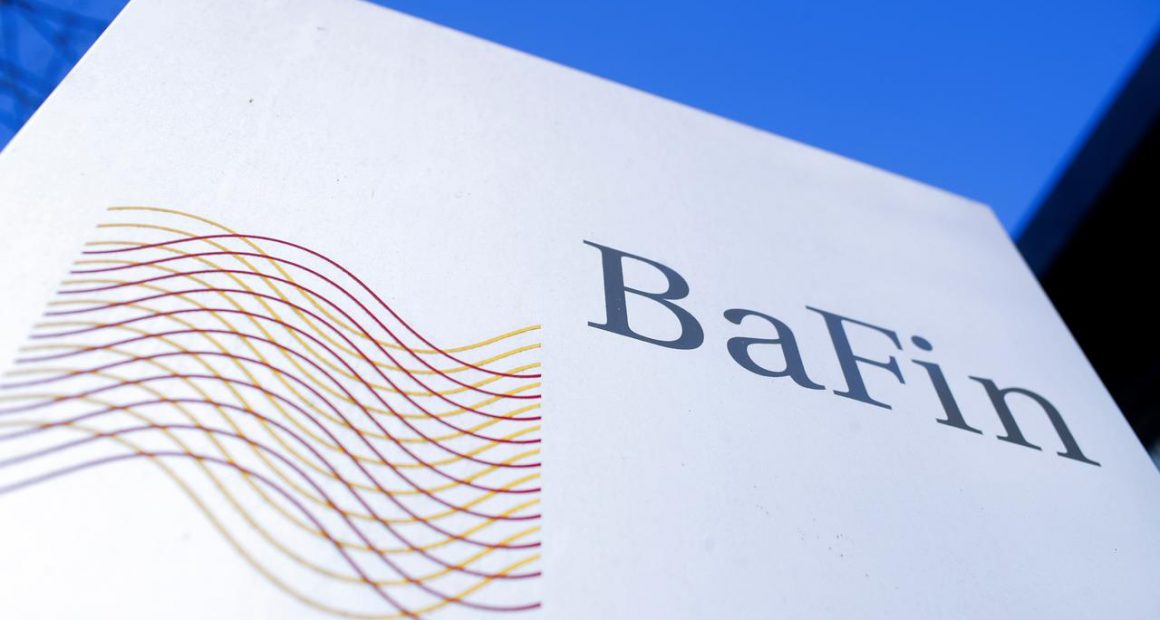On January 10th 2020, the 5th Anti-Money Laundering Directive (5AMLD) came to force. This directive has five main components. According to the official press release, these include:
- Enhance the powers of EU Financial Intelligence Units and facilitating their increasing transparency on who really owns companies and trusts by establishing beneficial ownership registers;
- Prevent risks associated with the use of virtual currencies for terrorist financing and limiting the use of pre-paid cards;
- Improve the safeguards for financial transactions to and from high-risk third countries;
- Enhance the access of Financial Intelligence Units to information, including centralized bank account registers.
- Ensure centralized national bank and payment account registers or central data retrieval systems in all Member States.
Impact on Cryptocurrency
The member states of the European Union are now forced to treat providers of cryptocurrencies as obligated under money laundering law. In Germany for example, legislators have taken the EU directive as an opportunity to subject companies offering a custody service for cryptocurrencies to extensive regulations.
Under the implementation law in Germany, all cryptocurrency exchanges that offer a custody service for their customers, this include providing wallet, have to apply for a license from the Federal Financial Supervisory Authority (BaFin).
Banks have to establish an additional subsidiary to provide the service are granted a license to offer services related to Bitcoin, Ethereum or Ripple. Cryptocurrency services are not legally treated differently from trading in share or bonds.
BaFin getting large
The Law has apparently triggered a run on the license among German banks. BaFin has already received 40 expressions of interest from licensed banks for a license for custody and other services related to cryptocurrencies.
Solarisbank founded by Solaris Digital Assets provide crypto services. The bank is successful in apply for a custodian license, it will store Bitcoin and other cryptocurrencies.
Frank Schäffler, member of the German parliament for the Free Democratic Party (FDP), said:
The market is growing faster than the Federal Ministry of Finance predicted. This is both a blessing and a curse. The high demand for crypto-safekeeping licenses shows that companies are increasingly adopting the blockchain technology, but is also a result of the new legislation.





